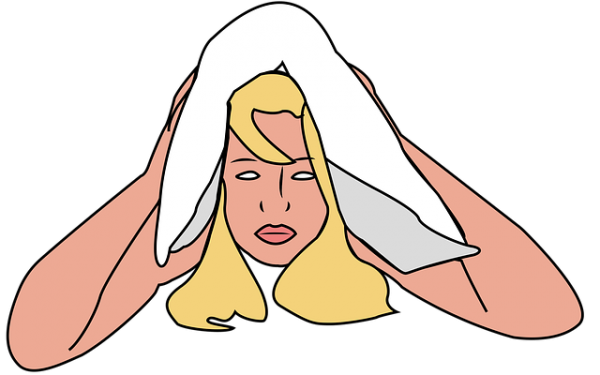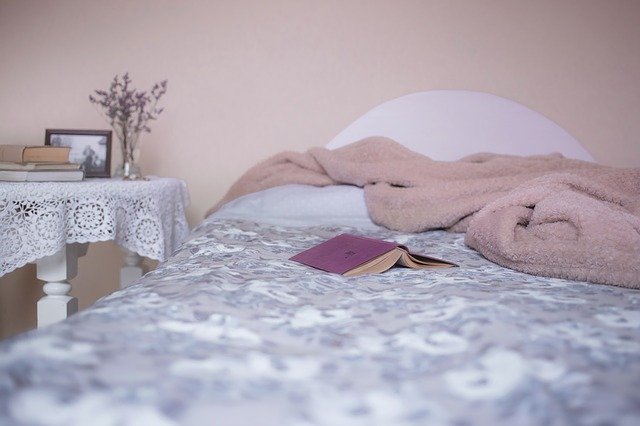
Menopause and Insomnia
Have you ever felt exhausted and you are looking forward to crawling into bed, getting all nice and warm and relaxed, and then you find your mind racing and you are unable to fall asleep or stay asleep? We often see a noticeable change in our sleep patterns as we get older. There are also various stages associated with menopause (National Institute on Aging, 2019). The earliest stage is known as pre-menopause where no symptoms of menopause are noted (Cherney, 2020). Add raising a family, financial stressors, and a career, and you have a pretty solid recipe for sleep issues (Breus, 2019).
Periomenopause, which is believed to last approximately 3-5 years, but may last as long as 10 years (Breus, 2019). This is the stage where women typically see issues with a decline in hormones and this is what triggers the night sweats, hot flashes, headaches, etc. (Breus, 2019). Sometimes, it may feel like women are just destined to sleep less and this also puts us at higher risk of other health issues associated with the cardivascular system and the brain (Breus, 2019). There are natural ways to promote sleep and we will examine some of those methods now.

Some natural ways to prepare your bedroom for rest and relaxation would include having some plants that naturally aid sleeping and that clean the air. Plants include lavender, jasmine, or gardenia (Fiorenzi, 2020). These plants are very fragrant and help with anxiety (Fiorenzi, 2020). Other plants that aid and facilitate sleep may emit water vapor that reduces the risk of nasal passages getting dehydrated, especially in the colder weather (Fiorenzi, 2020). Other plants may emit negative ions which help to reduce toxins, such as mold (Fiorenzi, 2020). Plants such as the Golden Pathos or Snake plants are great air purifying plants (Fiorenzi, 2020).
We also know that practicing meditation and exercising are more great remedies to reduce stress, anxiety and to increase quality of sleep (Pien, n.d.). Physical activity helps to exhaust the body physically and mentally, but meditation helps to clear the mind. Reducing our caffeine intake also aids us in sleeping better (Pien, n.d.). Remember to stay hydrated throughout the day and into the evening to prevent drying of the skin and nasal passages (Pien, n.d.). This information should help you cope you better and recognize that while some things are out of your control. Other factors you may have better control over and have choices to reduce the severity of certain symptoms.
References
Breus, M. J. (2019, September 5). The Stages of Menopause and How They Affect Your Sleep. https://www.psychologytoday.com/us/blog/sleep-newzzz/201909/the-stages-menopause-and-how-they-affect-your-sleep. Retrieved January 7, 2021.
Cherney, K. (2020, August 28). Premenopause, Perimenopause, and Menopause. Healthline. https://www.healthline.com/health/menopause/difference-perimenopause. Retrieved January 7, 2020.
Fiorenzi, R. (2020, August 10). Best Plants to Help You Sleep. Start Sleeping. https://startsleeping.org/the-best-plants-to-help-you-sleep/. Retrieved January 7, 2021.
Pien, G. W. (n.d.) How Does Menopause Affect My Sleep? Johns Hopkins Medicine. https://www.hopkinsmedicine.org/health/wellness-and-prevention/how-does-menopause-affect-my-sleep. Retrieved January 7, 2021.
1ill-omened
2departures